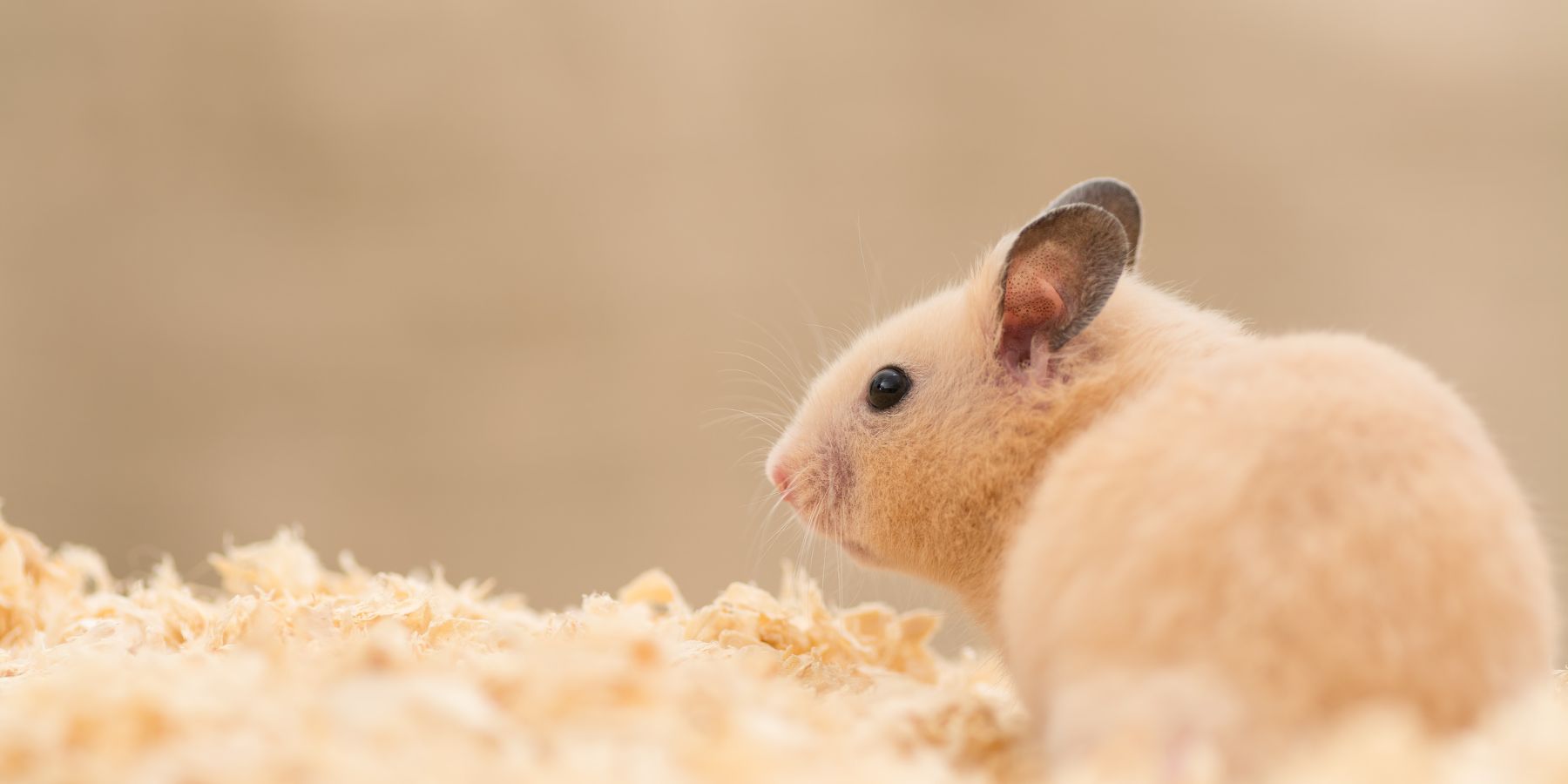Bringing a hamster into your home is exciting, but it requires preparation to ensure your new pet is comfortable and happy. This checklist covers all the essentials you need for your hamster, from housing to food and care.
1. Suitable Cage
The right cage is the foundation of good hamster care.
Size and Design
Choose a cage with at least 450 square inches of floor space. Opt for a design that allows good ventilation and prevents escape.
2. Comfortable Bedding
Bedding is crucial for your hamster's comfort and well-being.
Safe Materials
Use paper-based or aspen bedding. Avoid pine or cedar shavings as they can be harmful to your hamster.
Depth for Burrowing
Provide enough bedding for burrowing, typically 2 inches deep.
3. Proper Nutrition
A balanced diet is key to keeping your hamster healthy.
Hamster Pellets
These should form the base of your hamster’s diet. Choose high-quality pellets that meet nutritional needs.
Fresh Food
Offer fresh fruits and vegetables in moderation as treats. Ensure they are safe for hamsters.
4. Constant Water Supply
Hamsters need constant access to fresh water.
Water Bottle
A water bottle with a metal spout is better than a bowl, as it keeps water clean and prevents spillage.
5. Exercise Wheel
Exercise is vital for your hamster's health and happiness.
Wheel Size and Safety
Choose a solid-surface wheel that is large enough for your hamster to run without arching its back.
6. Chew Toys
Chewing helps maintain your hamster's dental health.
Variety
Provide a range of chew toys, including wooden blocks and safe cardboard, to keep your hamster’s teeth in good condition.
7. Enrichment Accessories
Toys and accessories provide mental and physical stimulation.
Tunnels and Hideaways
These replicate a hamster's natural environment and offer a sense of security.
8. Clean Hamster Cage
Maintaining cleanliness is essential for your hamster's health.
Regular Cleaning
Clean the entire cage once a week and remove soiled bedding daily.
Disinfection
Use pet-safe disinfectants to clean the cage and accessories during the weekly cleaning.
9. Grooming Supplies
Although hamsters groom themselves, they sometimes need extra help.
Sand Bath
Provide a sand bath for your hamster to roll in, which helps in keeping their coat clean and free from grease.
10. Health Care
Be prepared for any health issues your hamster might face.
Vet Contact
Have contact information for a veterinarian who specializes in small animals.
First Aid Kit
Keep a basic first aid kit for hamsters, including items like cotton buds and pet-safe antiseptic.
11. Temperature Control
Hamsters are sensitive to temperature changes.
Ideal Conditions
Keep the cage in a place with a stable, moderate temperature, away from direct sunlight or drafts.
12. Safe Transportation
For vet visits or moving, you’ll need a safe way to transport your hamster.
Transport Carrier
A small, secure carrier with ventilation is necessary for safely transporting your hamster.
Conclusion
Preparing for a hamster involves gathering the right supplies and understanding their needs. From a spacious cage with comfortable bedding to the right diet, exercise, and a clean environment, each item on this checklist contributes to your hamster's health and happiness.


